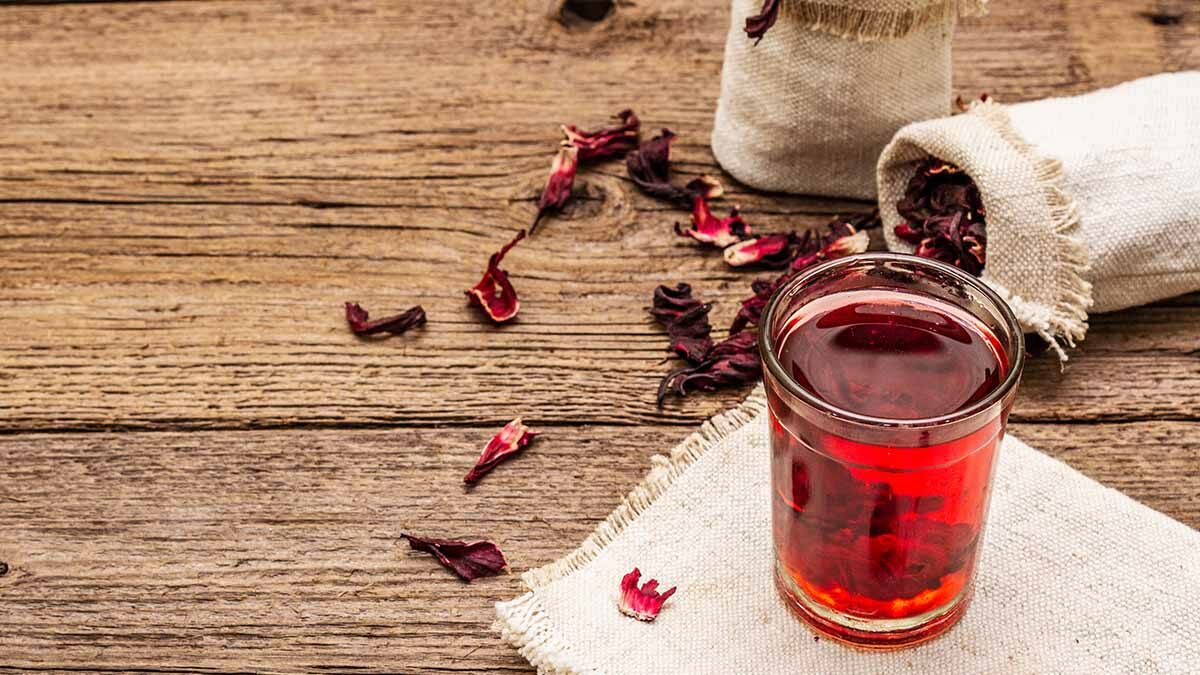In Friday’s NutritionFacts.org video-of-the-day Better Than Green Tea? I compare the antioxidant content of a number of common beverages. This is part of a series based on the landmark study “The total antioxidant content of more than 3100 foods, beverages, spices, herbs and supplements used worldwide,” available full-text, free online. Previous video installments include Antioxidant Content of 3,139 Foods and Antioxidant Power of Plant Foods Versus Animal Foods.
Most people eat only a few discrete times a day. Sipping a healthful beverage throughout the day allows you to bathe your organs in antioxidants all day long. I had previously covered more than a dozen herbal teas in The Healthiest Herbal Tea, but nothing prepared me for the new king of the hill, hibiscus.
When it comes to antioxidant content, hibiscus beats out green tea, but hibiscus still lacks the weight of clinical evidence. There are only a few hundred studies published on hibiscus, compared to thousands on green tea, but hibiscus does appear to have anti-inflammatory properties, help lower high blood pressure, help lower uric acid levels in gout sufferers, and improve cholesterol and triglyceride levels in pre-diabetics and diabetics. Like chamomile, hibiscus tea also appears to inhibit the growth of human cancer cells in a petri dish. You know there’s something to it when the meat industry tries adding hibiscus to their burgers to make them less carcinogenic.
Rats forced to drink the human equivalent of about a 150 cups a day for three months had lowered sperm counts, but no adverse effects on humans have been reported with regular consumption. My only cautions would be that like a number of fruit, vegetable, and herbal beverages, hibiscus may affect drug levels, so you should always let your prescribing physicians know what you’re taking, and the impressive manganese content of hibiscus tea may exceed recommended limits at high intakes, so we probably shouldn’t drink more than a quart a day.
In the video I offer my hibiscus punch recipe, based on “zinger” tea, but here’s an even healthier, cheaper, more environmentally friendly way (thanks Paul!)—just blender in a tablespoon of bulk hibiscus.
-Michael Greger, M.D.
